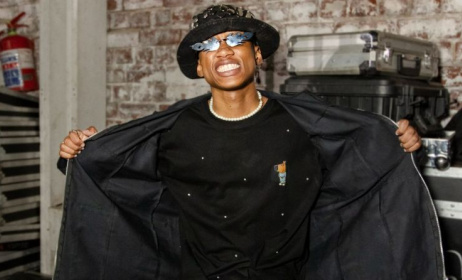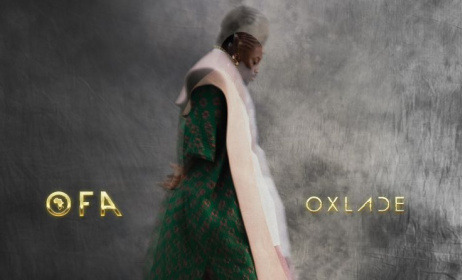The great hip-hop debate: South Africa vs Nigeria
For followers of MTV Africa Music Awards, it is quite clear that the pop powerhouses on the continent are South Africa and Nigeria. The West African country has an advantage going by wins at the continent’s most publicised award show.
Rather than compete, artists from both countries have decided to collaborate. In this regard hip-hop artists lead the way, as the award winning ‘All Eyez on Me’ by Burna Boy, AKA and Da L.E.S is arguably the most fruitful of these combos. When the song won Best Collaboration at the 2015 MAMA, the crowd gathered in Durban let out screams. The people appeared to encourage the SA-Nigeria union. In light of the xenophobia attacks in Durban and in South Africa generally, it was a hearty sign. In the night’s one sober moment, rapper AKA reminded the audience of his country’s bad behaviour.
But in hip-hop, there are always questions of superiority. So when South African rapper Cassper Nyovest, himself a winner that night in Durban, was asked about hip-hop in South Africa as compared to hip hop in Nigeria, his answer was bound to receive attention.
‘I don’t know about Nigerian Hip-hop that much,’ Cassper said speaking to a Nigerian interviewer(link is external). ‘I don’t know if it will ever be as big as South African Hip-hop because the Nigerian hip-hop that is big is mostly indigenous.’
He was correct. The rise of such talents as Olamide and Reminisce, who rap in Yoruba, and Phyno, who performs in Igbo, has given a local flavour to Nigerian hip-hop. All three celebrated their dominance on Local Rappers from Reminisce’s ‘Baba Hafusa’ (2015). The downside to that dominance has been a lack of currency outside of Nigeria. So far the trio appear to be content. But after flying to South Africa and coming back empty-handed, their lack of popularity outside of Nigeria must hurt.
For their part, AKA and Caspper, two of the most prominent rappers out of South Africa, have relevance outside of their country. A third South African rapper, Khuli Chana, put Nigerian dancehall artist Patoranking on a new single, the better to bolster his status on the continent.
‘Like Olamide and Phyno, that’s the hip-hop that’s big in Nigeria,’ noted Cassper, ‘and for that to translate into South Africa is difficult because we’re still struggling to understand pidgin English, so when you go deeper into Igbo and Yoruba, it’s like we can’t even hear anything.’
Cassper was in Nigeria to headline at the weekly music event Industry Night. For now it is difficult to see Olamide performing at such a concert in South Africa.
Or as Cassper says: ‘It’s a catch-22. It's a blessing and a curse. It’s a blessing that hip-hop can finally relate to the people in Nigeria because of Olamide but then it stops them from translating, crossing the border because of language.’




































Comments
Log in or register to post comments